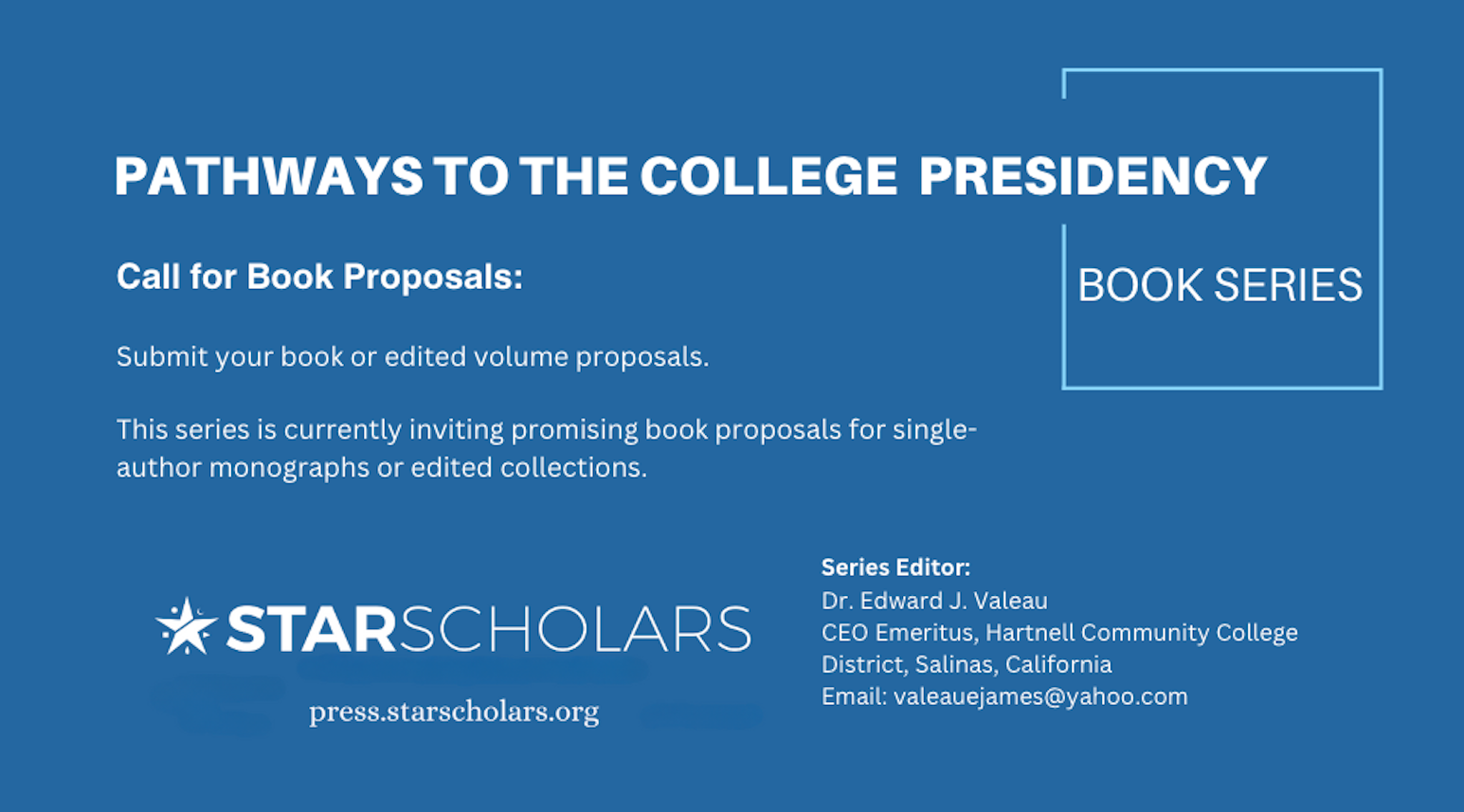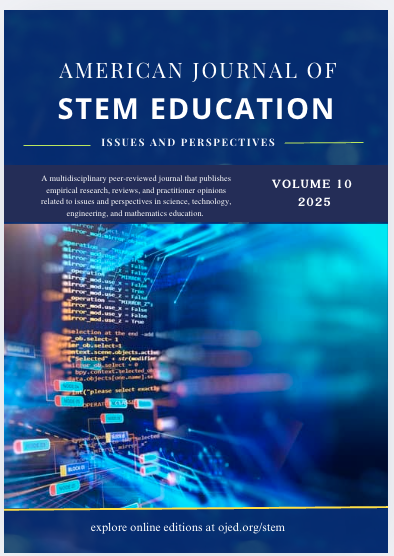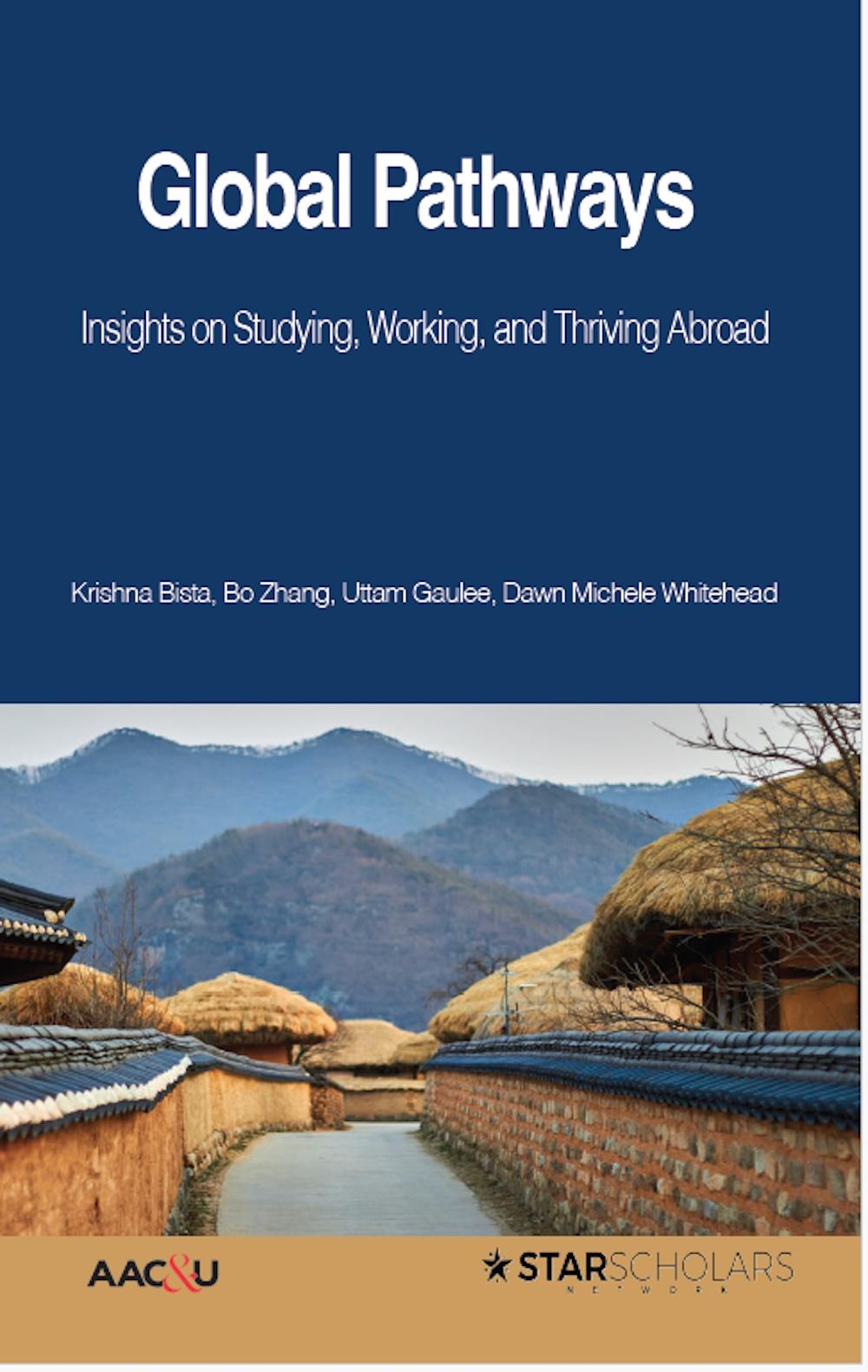Human-nature interface in William Cowper's "The Poplar Field" and E.B.White's "Once More to the Lake"
DOI:
https://doi.org/10.32674/Keywords:
ecocriticism, wilderness, arcadia, ecology, social ecology, anthropocentrismAbstract
This paper attempts to analyze William Cowper's poem "The Poplar Field" and E.B. White's essay "Once More to the Lake" from an ecocritical perspective. Ecocriticism explores the relationships between elements, human culture, and the physical environment. In their respective works, both Cowper and White address issues related to nature, the acknowledgment of social ecology within the natural world, and the necessity for humans to coexist with it while respecting ecological balance. Both literary texts delve into the unpleasant and devastating environmental degradation and the interface between humans and nature, which forms the core of ecocriticism. In this context, human culture is intricately connected to the physical world, affecting and being affected by it. The texts also highlight the issue of biodiversity degradation and the loss of natural beauty. Furthermore, they touch upon environmental philosophy and ecocriticism, assuming that the human world and the physical environment are closely interlinked.
Downloads
Published
Issue
Section
License
Copyright (c) 2023 Interdisciplinary Journal of Innovation in Nepalese Academia

This work is licensed under a Creative Commons Attribution-NonCommercial-NoDerivatives 4.0 International License.
Upon publication articles are immediately and freely available to anyone, anywhere, at any time. All published articles are licensed under a Creative Commons Attribution-NonCommercial-NoDerivs 4.0 Unported License. All articles are permanently available online. The final version of articles may be posted to an institutional repository or to the author's own website as long as the article includes a link back to the original article posted on OJED.






